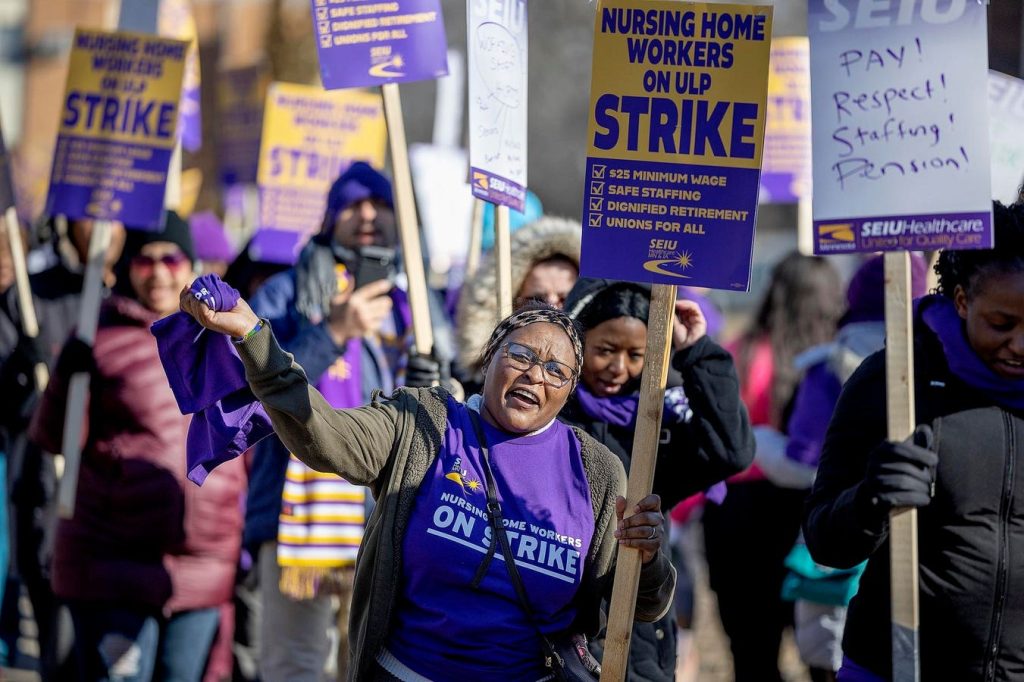The Biden Administration has recently announced new regulations aimed at increasing staffing at nursing homes and boosting pay for some home care workers. The intention behind these changes is to improve care for elderly adults and individuals with disabilities. However, it will be years before these rules can be fully implemented. The new nursing home rule requires facilities to provide at least 3.48 hours of daily care for each resident, with a minimum of 0.55 hours by a Registered Nurse and 2.45 hours by an aide. The remaining 0.48 hours can be provided by a mix of staff.
The regulations issued by the Centers on Medicare and Medicaid Services (CMS) take into account the nationwide staffing shortage affecting various healthcare settings. Many facilities struggle to fully meet the new standards, and CMS is introducing a phased approach to allow facilities time to comply. Facilities will have to complete a staffing assessment within three months, and generally have two years to meet the minimum care standards. Rural facilities facing staffing challenges have an extended timeline to meet the requirements. Additionally, facilities may apply for waivers or temporary exemptions due to staffing shortages in their communities.
Solutions to address staffing shortages include raising wages and improving working conditions, which are within the control of facility operators. Other challenges like immigration laws, shortages of nursing teachers, and a reluctance of workers to take on direct care work are harder to address. The Administration is offering financial incentives and programs to help nursing facilities recruit staff, such as tuition reimbursement for nurses and training programs for aides. CMS is also launching a marketing campaign to encourage individuals to consider careers in nursing or care work for nursing homes.
In a separate rule, CMS has given states six years to comply with a requirement that Medicaid home care agencies dedicate 80 percent of their payments to staff compensation. This delayed compliance until 2030. The new rule also grants states additional authority to set payment rules for small home care firms. The rule applies to agencies providing home care for Medicaid recipients, aiming to improve transparency and reduce waiting times for services. Many states have long waiting lists for Medicaid home-based care, and the new payment rules require states to disclose these lists.
Overall, Biden’s new staffing rules are ambitious, but it will take many years to determine their success. The regulations aim to address critical staffing shortages in nursing homes and home care agencies, but the implementation process will be gradual. It will be crucial for facility operators, states, and policymakers to work together to overcome workforce challenges and ensure the provision of high-quality care for vulnerable populations.


